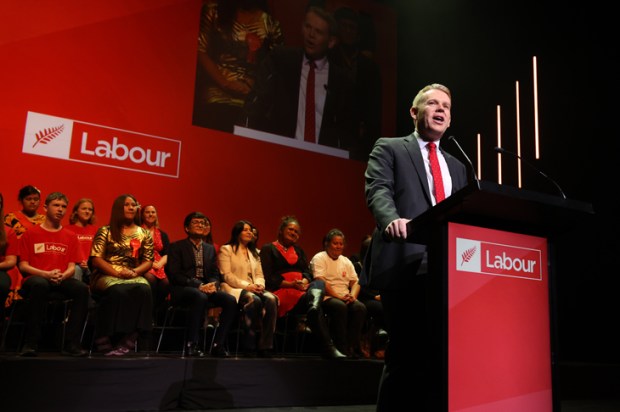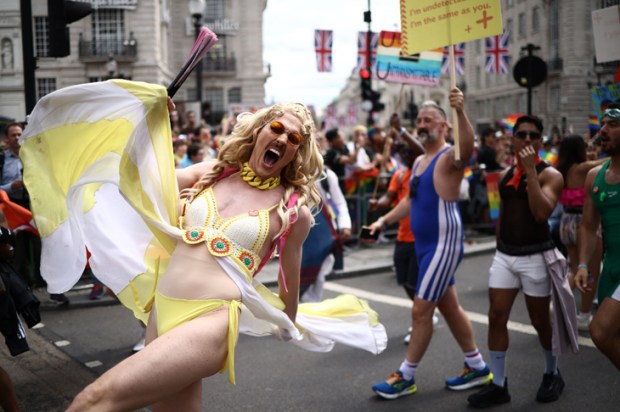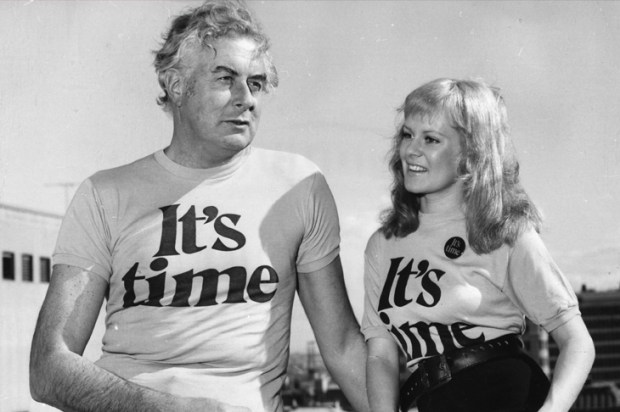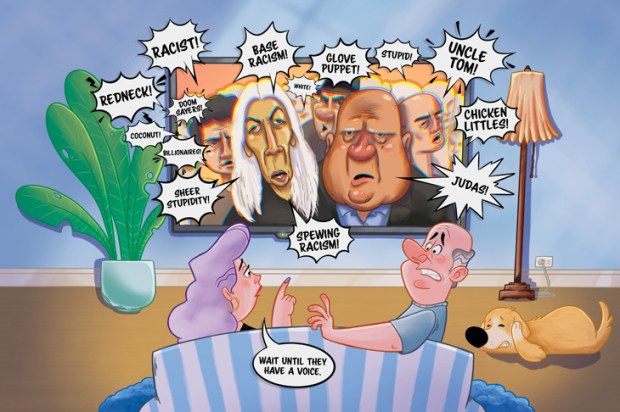Living under a dictatorship means being permanently hostage to the risk appetite of the dictator. Transparency and accountability are luxuries for democracies alone.
There is no better illustration of totalitarianism’s failings than China’s infamous ‘Great Leap Forward’ campaign which resulted in the deaths of some 40 million people. The architect, Chairman Mao Zedong, blamed the disaster on the inevitable economic failure of ‘rightists’ trying to reinstate capitalism.
Based on this falsehood, the Cultural Revolution was launched with the aim of purging all remaining bourgeois elements in the country. Another two million deaths and the persecution of 125 million people followed.
Upon Mao’s death, his successor Paramount Leader Deng Xiaoping introduced sweeping changes aimed at decentralising control over the economy. Its objective was to replace state planning with a market-based system. Over 40 years, these reforms lifted some 800 million people out of poverty. But with prosperity came a lust for personal freedoms which set the Chinese people on a collision course with the Communist party of China.
Fearing an existential threat, concerned party leaders turned to ‘princeling’ Xi Jinping who had never accepted Deng’s liberalisations were behind China’s economic prosperity. To Xi, empowerment of individuals was a ‘bourgeois fallacy’ and free speech, equality under the law and other human rights, had to be ‘controlled’ or ‘delayed’.
Xi was born in the Chinese year of the Snake and, once installed, exemplified its unscrupulous traits by taking control of the party, the government, the military and, the armed police. Citing Mao, he systematically dismantled law-and-order institutions and ended civil service independence. As ‘Core Leader’, he secured an unlimited presidential term and had his thoughts incorporated into China’s constitution’s preamble.
He also stepped up his campaign to curtail the rapidly growing influence of the country’s biggest corporations and instructed the private sector to share the wealth with the people.
Xi’s ruthless ‘anti-corruption’ drive saw more than two million officials punished, some brutally. A social credit system was introduced to govern people’s behaviour.
Last year, using Covid-19 as the reason, Xi locked down 1.4 billion people, crippling the economy and sparking widespread public anger. It emerges Mr Xi’s priority was not Covid, but the October party congress which, despite muffled disenchantment, needed to showcase his authority and success.
From an economic standpoint, the timing of the lockdown was disastrous. The world economy was materially slowing and Chinese authorities had already begun calling on local governments to ‘go to all lengths to prevent massive job losses’.
Post-Covid and the end to lockdowns, President Xi has to contend with a contracting, hidebound economy.
Most prominent is the property sector, which once represented 30 per cent of the economy. On latest reckoning, about one-fifth of apartments in urban China, (around 130 million units), are unoccupied. Evergrande, the country’s second-largest developer and Country Garden, once China’s largest property developer, have both defaulted on bond payments.
Also on the verge of collapse is state-backed Zhongrong International Trust, one of China’s largest shadow banks.
With GDP slipping, economists are expecting growth rates to level out at around three per cent or lower for the foreseeable future; a material concern for the global economy.
Highlighting China’s economic woes, the National Bureau of Statistics no longer releases age group-specific unemployment data, citing the need to ‘further improve and optimise labour force survey statistics’. Youth unemployment in June hit 21.3 per cent.
In a move to lower energy costs, Xi abandoned his Paris emissions pledge by announcing ‘China will set its own path and not be influenced by outside factors’. As the world’s largest emitter, his decision renders the entire global climate change initiative now crippling Western economies an exercise in futility.
No doubt seeking to manage expectations, Xi warned party members and the public to ‘be mindful of -potential dangers, be prepared to deal with worst-case scenarios and, be ready to withstand high winds, choppy waters and even dangerous storms on our journey ahead’.
Consequently, intrusion into Chinese daily life has been stepped up. Speech is more restricted and gatherings of community and social groups are strictly regulated.
Xi also conducted his biggest purge in years, replacing his top two People’s Liberation Army Rocket Force generals. It is part of a sweeping campaign to cement loyalty and assert even more control over the PLA.
President Xi realises he is losing face at home and abroad. And it’s not just due to property. He must contend with a chronically ageing population, too much debt, white elephant infrastructure and industrial overcapacity, all products of central planning failures.
There are no quick fixes and, concerned he could lose face at the G20 summit in India, Xi conspicuously decided not to attend. He also skipped the BRICS conference in Johannesburg.
Loss of face may also explain his intense focus on Taiwan. Having secured half the ‘China dream’ of reunification with Hong Kong, Taiwan offers a needed distraction and a worthy legacy.
Ominously, he labels Taiwan ‘the most serious hidden danger to national rejuvenation’. Making the point, this year, China’s airforce has made over a thousand incursions into Taiwanese airspace. Its navy enters Taiwan’s waters daily and over 60 missiles have been launched across or close to Taiwan.
Repeatedly Xi stresses a preference for ‘peaceful reunification’ yet notes that China reserves the right to use force and ‘all measures necessary’. So far, Taipei shows no signs of weakening. In fact, presidential hopeful in next year’s election, Lai Ching-te, said he would strive for peace but would safeguard Taiwan’s sovereignty.
Tokyo gets it and is spending $500 billion on defence over the next four years. Elsewhere, Xi’s aggressive actions attract scant attention.
Now, with retired party elders privately reprimanding him for China’s current economic and social direction and with a US presidential election just fourteen months away, the unscrupulous Xi may elect to invade Taiwan sooner rather than later. And, once again the world will pay an unimaginable price for totalitarian rule.
Got something to add? Join the discussion and comment below.
You might disagree with half of it, but you’ll enjoy reading all of it. Try your first month for free, then just $2 a week for the remainder of your first year.













